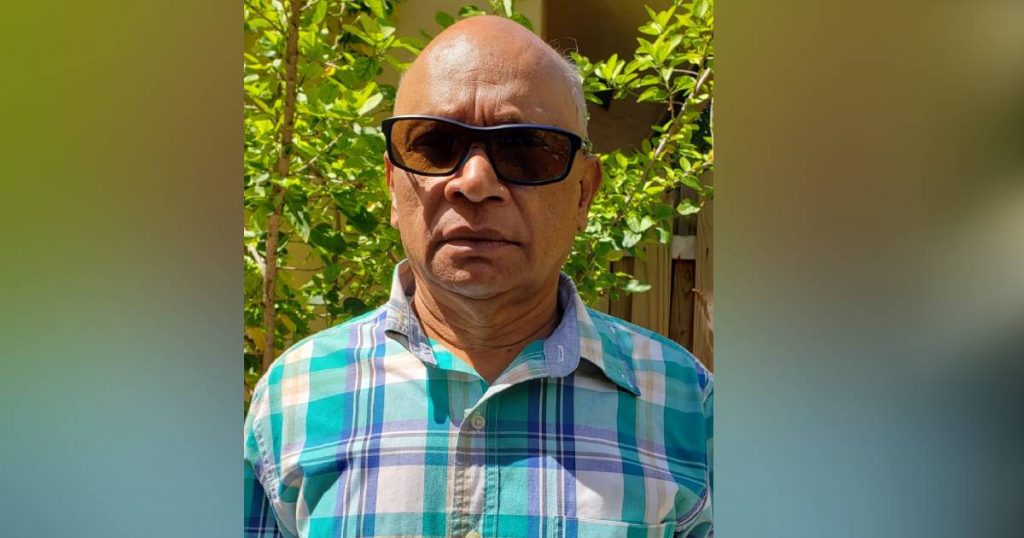News reports stated that ahead of the third Forum for India-Pacific Islands Cooperation (FIPIC) summit, in Papua, New Guinea May 21 -22, Fiji’s Prime Minister Sitiveni Rabuka publicly apologized for his role in the 1987 military coup that overthrew the elected government of Prime Minister Timoci Bavadra. The Bavadra government was dominated by Indians.
Rabuka governed for 15 years before he was defeated in an election in 1992.
Indian Prime Minister Narendra Modi is slated to attend the FIPIC conference amid growing Indian influence in the region. Fiji has been developing closer relations with India. Rabuka himself was trained in India where he obtained a MA degree. He has expressed gratitude to India fir various firms of assistance.
Rabuka told a large gathering of native and Indian Fijians in Suva, Fiji: “We confess our wrongdoings, and we confess that we have hurt so many of our people in Fiji, particularly those of the Indo-Fijian community of the time and among them sons, daughters, grandsons and granddaughters of those who were indentured as labourers from India between 1879 and 1916”.
Rabuka added: “I admit our wrongdoings, you have every right to blame us for the difficulties you went through, we do not blame you for being angry with us or even hate us, you are justified in your anger and your hate. I stand here to confess and to ask for your forgiveness”.
Rabuka admitted that he had wronged the Girmitiyas descendants and all Fijians in 1987 and said, “I am not making this confession as the Prime Minister for Fiji because I do not hold the government accountable for my actions of 1987. I do not claim to be making this confession on behalf of the Vanua Navatu, I’m not Tui Navatu, I’m just a member of the Yavusa Navatu, vanua Navatu of Cakaudrove, but I make this confession on my own behalf and on behalf of all those that took part with me on the military coup of the 14th of May, 1987. We confess our wrongdoings, we confess that we have hurt so many of our people in Fiji.”
The Fijian Prime Minister made the public apology for his role in orchestrating the 1987 coup that overthrew the democratically elected government of the first Indo-Fijian to lead the country.
Street violence against Indo-Fijians followed the coup accompanied by the burning of Indian shops. Tens of thousands of Indians fled the islands. Indians accounted for 53% of the population in the 1980s. Today, Indians accounted for less than 40% of the population.
Fiji got a new leader for the first time in 16 years after a national election in December 2022 resulted in three parties joining up to form a government in the Pacific island nation, dislodging Frank Bainimarama’s pro China Fiji First party. Prime Minister Rabuka heads the coalition of three parties.
The Social Democratic Liberal Party (SODELPA), a power-broker holding three seats in the hung parliament, joined the coalition led by Sitiveni Rabuka’s People’s Alliance whose supporters are native Fijians and the National Federation Party composed of Indo Fijians led by Biman Prasad. SODELPA is supported by natives. Rabuka’s party is also supported by natives.
Rabuka praised Modi’s leadership and India’s support for the government he has led since December.
Fiji’s situation is similar to that of Surinam, Guyana and Trinidad and Tobago with large Indian populations who have been the targets of racism, discrimination, marginalization, and violence. In the case of Guyana, rigging of elections and race riots resulted in the burning of Indian shops, raping of Indian women, and large scale ethnic exodus. There was also violence against Indians in Suriname resulting in their mass migration to Holland and USA. Indians in Trinidad also faced discrimination. Rigging of elections was a common occurrence in Trinidad where there was also gerrymandering of constituency boundaries. Large numbers of Indian Trinidadians migrated to North America and UK.
